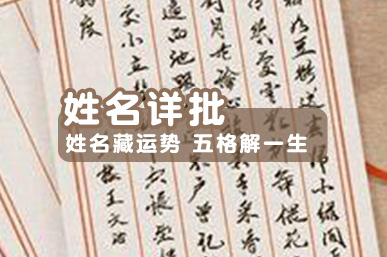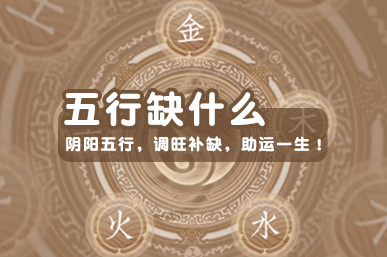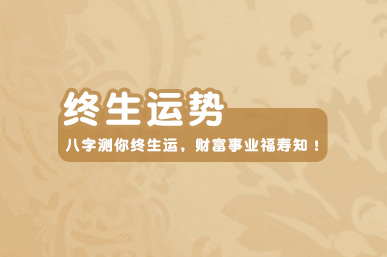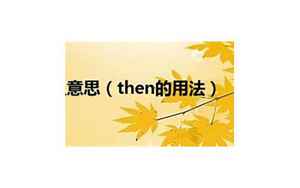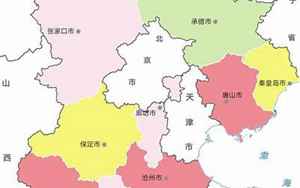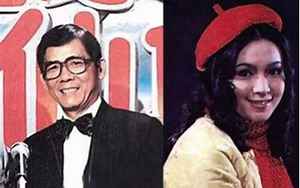then是连词吗(连词then的用法)


Then是一个常用的连词,在英语中有多种用法。本文将详细介绍这些用法。
1. 表示时间顺序。
Then在英语中最常见的用法是表示时间的顺序,常用于描述过去发生的事情。例如:。
- I woke up, then brushed my teeth.。
- We went to the store, then got some groceries.。
- He finished his work, then went home.。
在这些例句中,then表示时间上的顺序,即先做了一件事情,然后才做另一件事情。
2. 表示因果关系。
除了表示时间顺序,then还可以表示因果关系,即一个事件或行动导致另一个事件或行动发生。例如:。
- She ate too much candy, then she got a stomach ache.。
- The company lost money, then they had to lay off some employees.。
在这些例句中,then表明第一个事件或行动的结果导致了第二个事件或行动的发生。
3. 表示转折。
虽然then通常表示时间顺序或因果关系,但它也可以表示转折。例如:。
- I thought I had everything I needed, then I realized I forgot my phone.。
在这些例句中,then表示情况发生了意外的突变或转折,与之前的情况形成对比。
4. 表示总结。
有时,then也可以表示总结。例如:。
- We visited the museum, saw some great art, and then went home.。
- He studied hard, passed all his exams, and then graduated from college.。
在这些例句中,then表示之前经历的一系列事件或行动的总结。
总之,then是一个非常通用的连词,在英语中有多种用法。熟练掌握这些用法,可以让你的英语表达更加流畅和自然。
then在句中的用法
是的,then是连词。Then可以表示时间上的先后关系,意思是“然后,接着”,例如:。- 我们先去看电影,然后再去吃饭。We’ll go to see a movie first, then we’ll go out for dinner.。- 如果你现在不走,那就会迟到了。If you don’t leave now, then you will be late.。Then也可以表示逻辑上的推断关系,意思是“那么,因此”,例如:。- 你不想去参加聚会,那么你就可以呆在家里。If you don’t want to go to the party, then you can stay at home.。- 他没来上课,因此被开除了。He didn't come to class, so he was expelled.。
then是否可以作为连词
是的,then可以作为连词,表示时间上的先后关系或逻辑上的推理关系。例如:。- I went to the store, and then I went home.。
热门推荐
推荐阅读
热门标签
热门精选
- 07-08今年年份(今年是什么年庚)
- 06-29郭启刚(郭启刚个人资料)
- 07-01六亲是指哪六亲(六亲缘浅什么意思)
- 07-06七杀身弱必富(七杀身弱是什么)
- 06-27戒指的正确戴法(最佳戒指佩戴方法)
- 06-21荷花八字句(描写荷花的八个字短句有哪些)
- 06-22秦霄贤的八字(秦霄贤生肖属什么的)
- 06-12端午八字词(端午节八字祝福语)
- 06-24甘露王(赞礼西方三圣)
- 07-04夏敏芝(特化师的演员表和角色介绍)
指纹命理最新文章



- 10-11then是连词吗(连词then的用法)
- 10-11坐标转换经纬度(arcgis中XY坐标转换成经纬度显示)
- 10-1158岁生肖龙运势(58岁生肖属相龙的是什么命)
- 10-11处女座女生的性格分析(处女座男生的性格分析)
- 10-11兔运势87年2022(2022年1987年属兔的运势)
- 10-1169年属什么生肖(1969年出生的人属于什么生肖)
- 10-11梦见付款给别人(梦见付款给别人是什么意思)
- 10-11天秤座白羊座(天秤座白羊座配对)
- 10-11腊月二十三的风俗(腊月二十三过小年有哪些风俗)
- 10-11黄雀衔环(黄雀衔环接龙)







